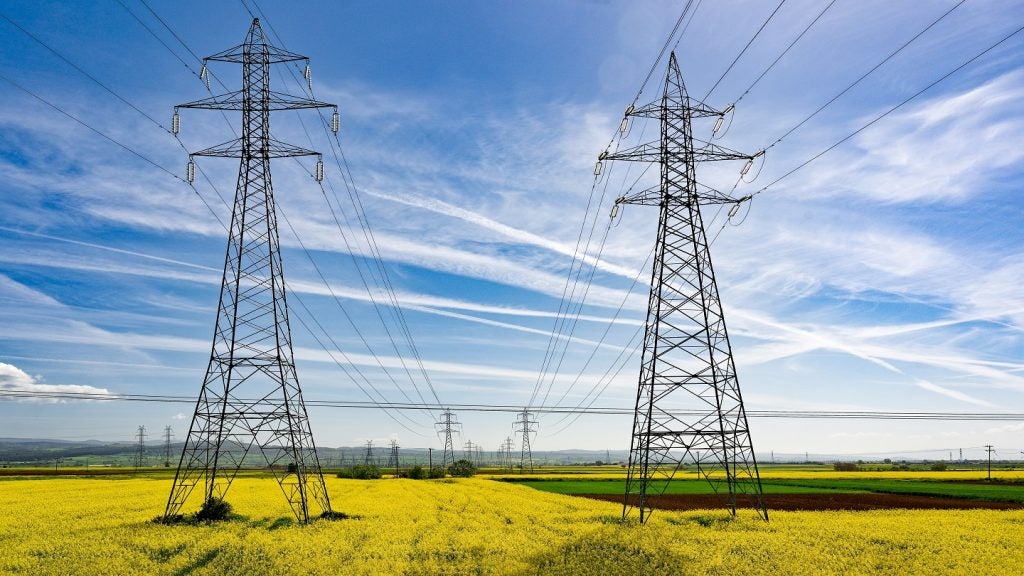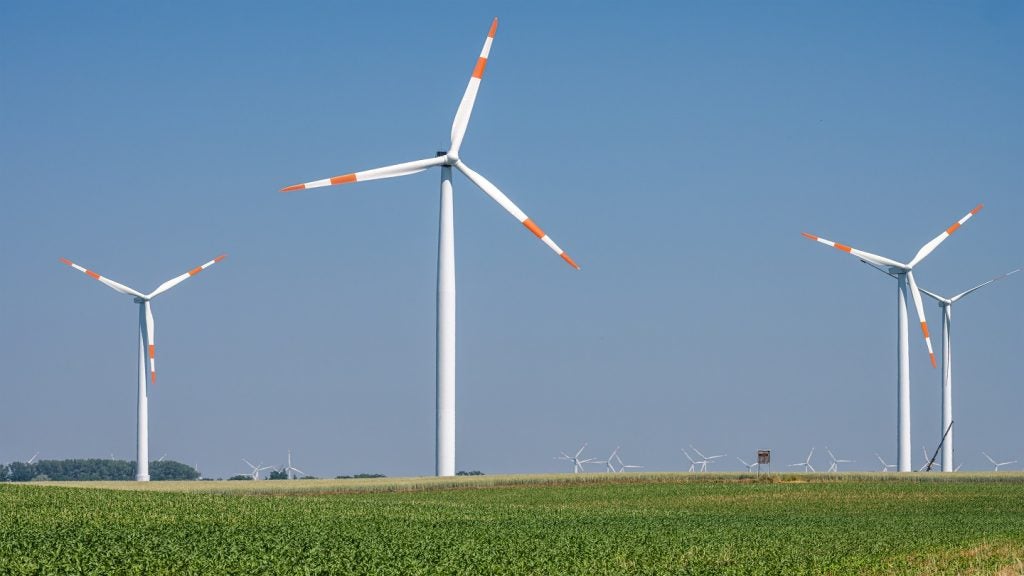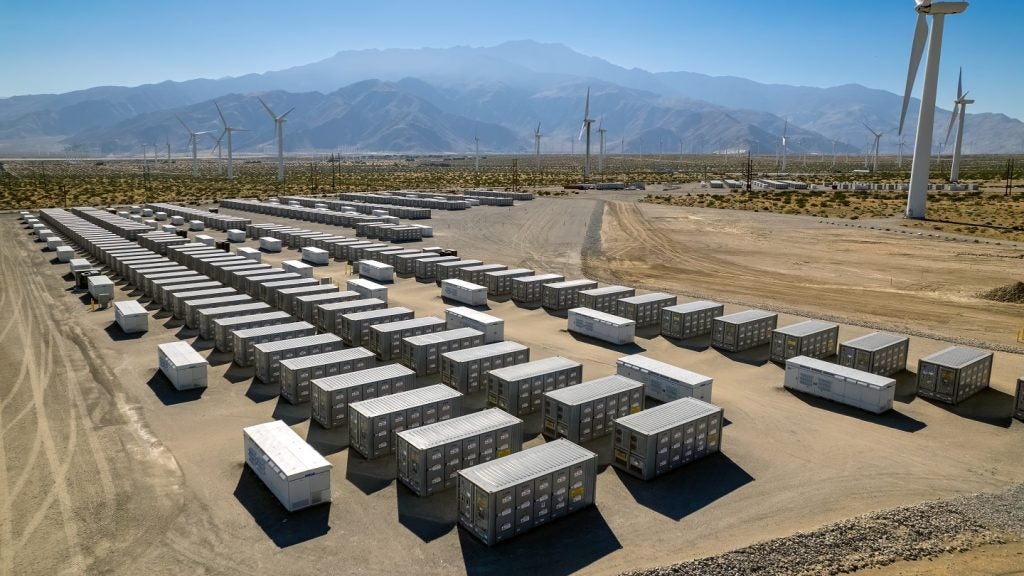The US, China and the UK are the most attractive investment markets for battery energy storage systems (BESS), according to a recent EY battery storage report.
In its latest Renewable Energy Country Attractiveness Index (RECAI 63), EY crowned the US as the world’s most attractive market for BESS investment, largely thanks to the Inflation Reduction Act, which offers a 30% tax credit for BESS construction.
China came in second, with strong state subsidies and plans to reduce the cost of BESS construction by 30% by 2025.
The UK ranked third, boasting its intricate energy market design as well as a new energy bill that considers BESS a generation asset.
Arnaud de Giovanni, EY global renewables leader, said: “Scaling up battery energy storage systems can help solve multiple problems holding up clean energy progress, including stabilising and strengthening network infrastructure and enabling more distributed energy resources to connect to the grid.
“Focusing on four factors can help investors navigate this complex, highly regionalised and fast-changing market. These include building a resilient investment case; taking steps to maintain technology competitiveness; establishing the optimal business model or financing structure; and mitigating supply chain risks.”
In this year’s report, grid constraints saw Spain drop out of the top ten to 12th position. Canada and Japan both moved into the top ten, off the back of clear intent to increase offshore wind investments to which BESS will be tied.
According to Power Technology’s parent company, GlobalData, solar photovoltaic and wind power will account for half the world’s power generation by 2035. BESS will be crucial in this process as they allow energy systems to be more flexible in managing the temperamental output of renewable power sources, smoothing supply and demand peaks and helping defer the cost of grid expansions and upgrades. EY predicted a fourfold increase in global BESS deployment from 2023 to 2030, reaching 527GW.














